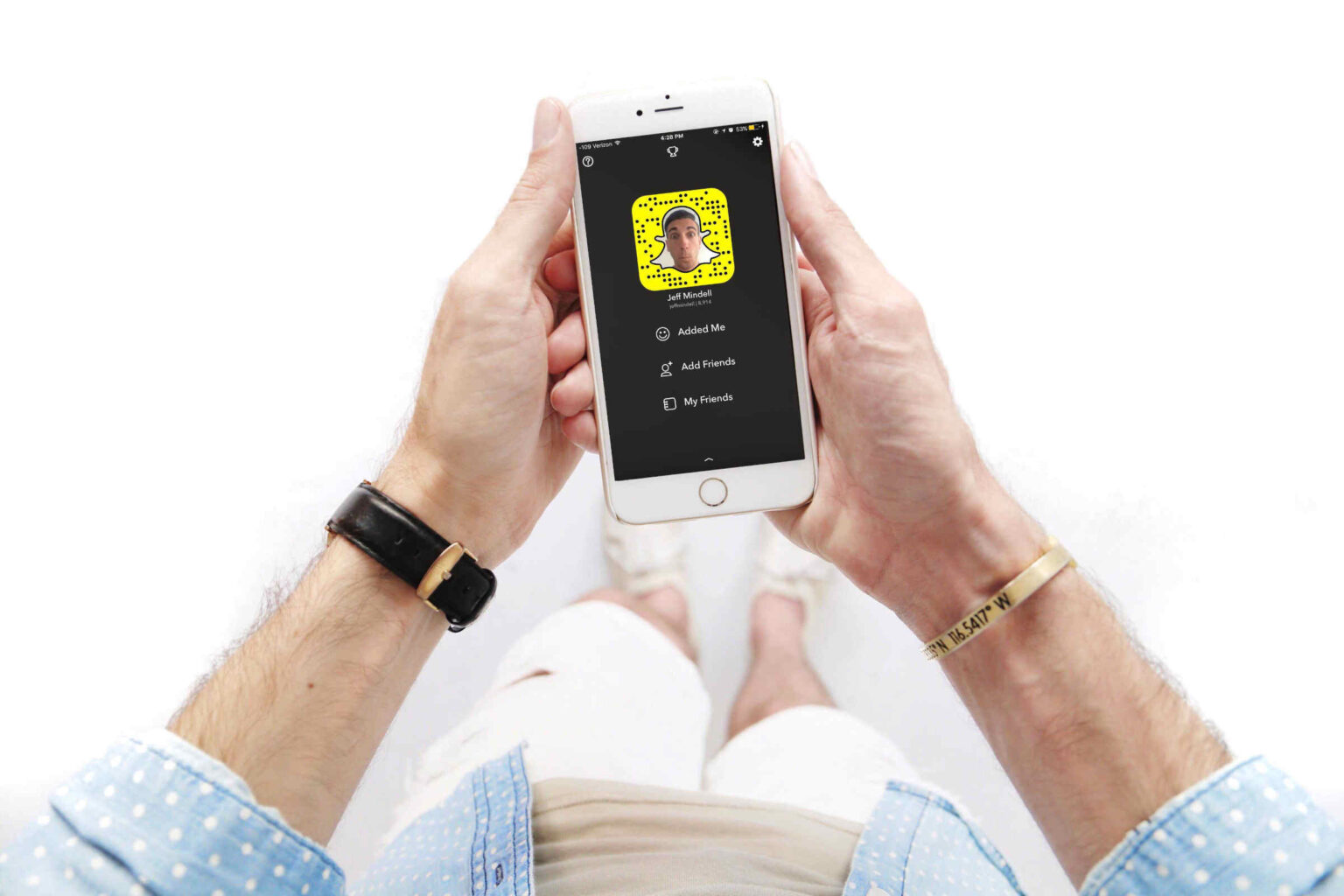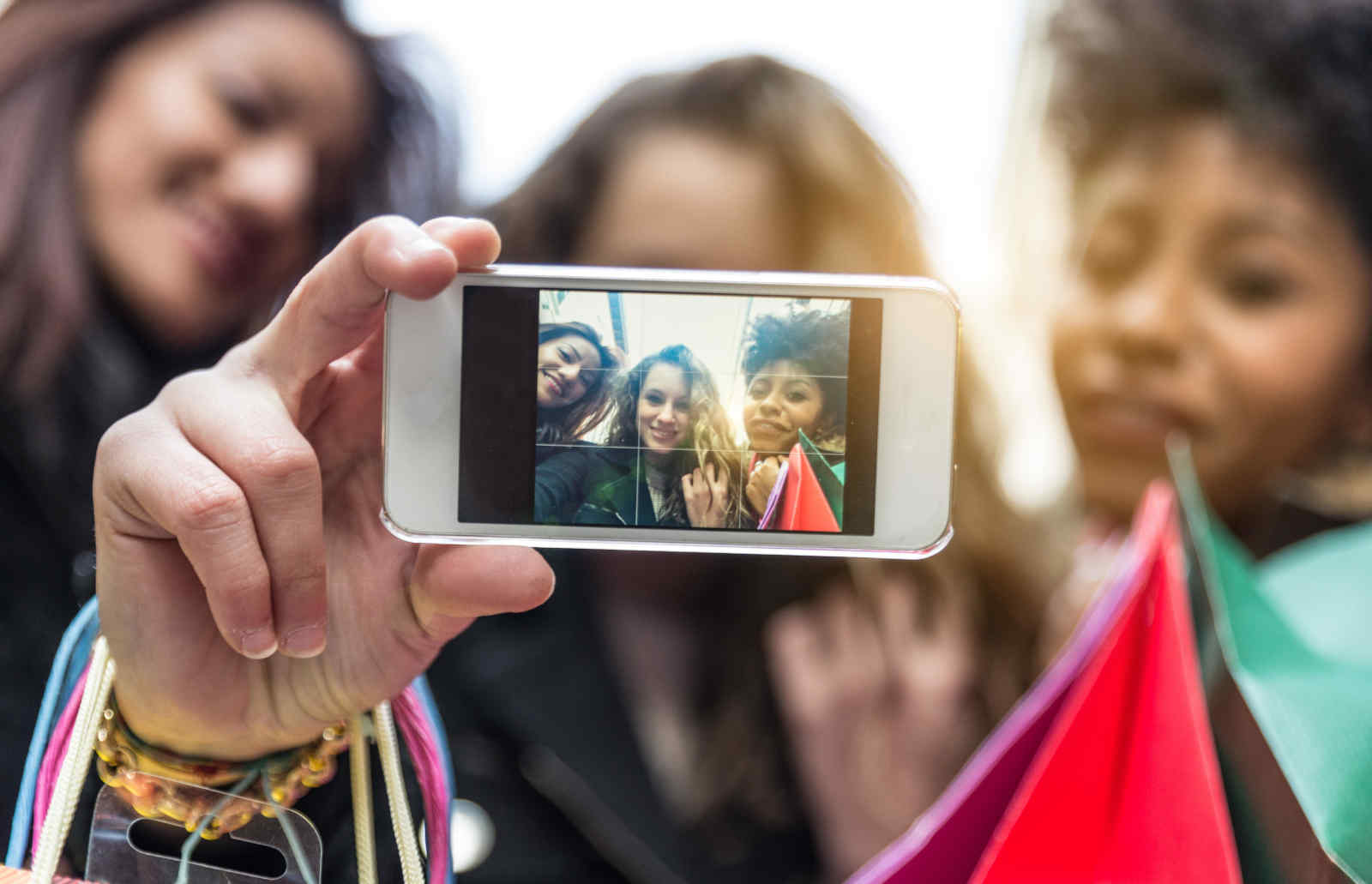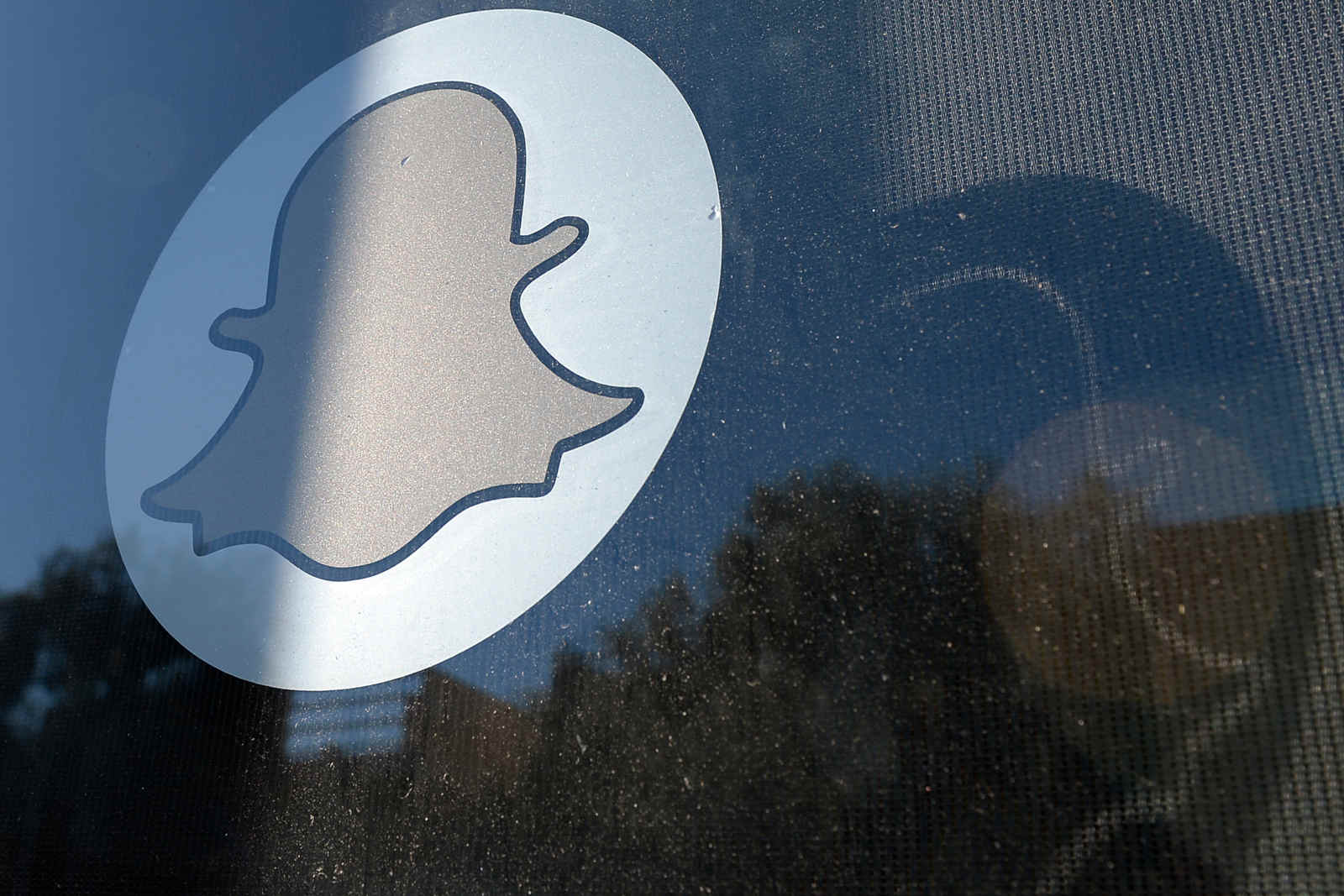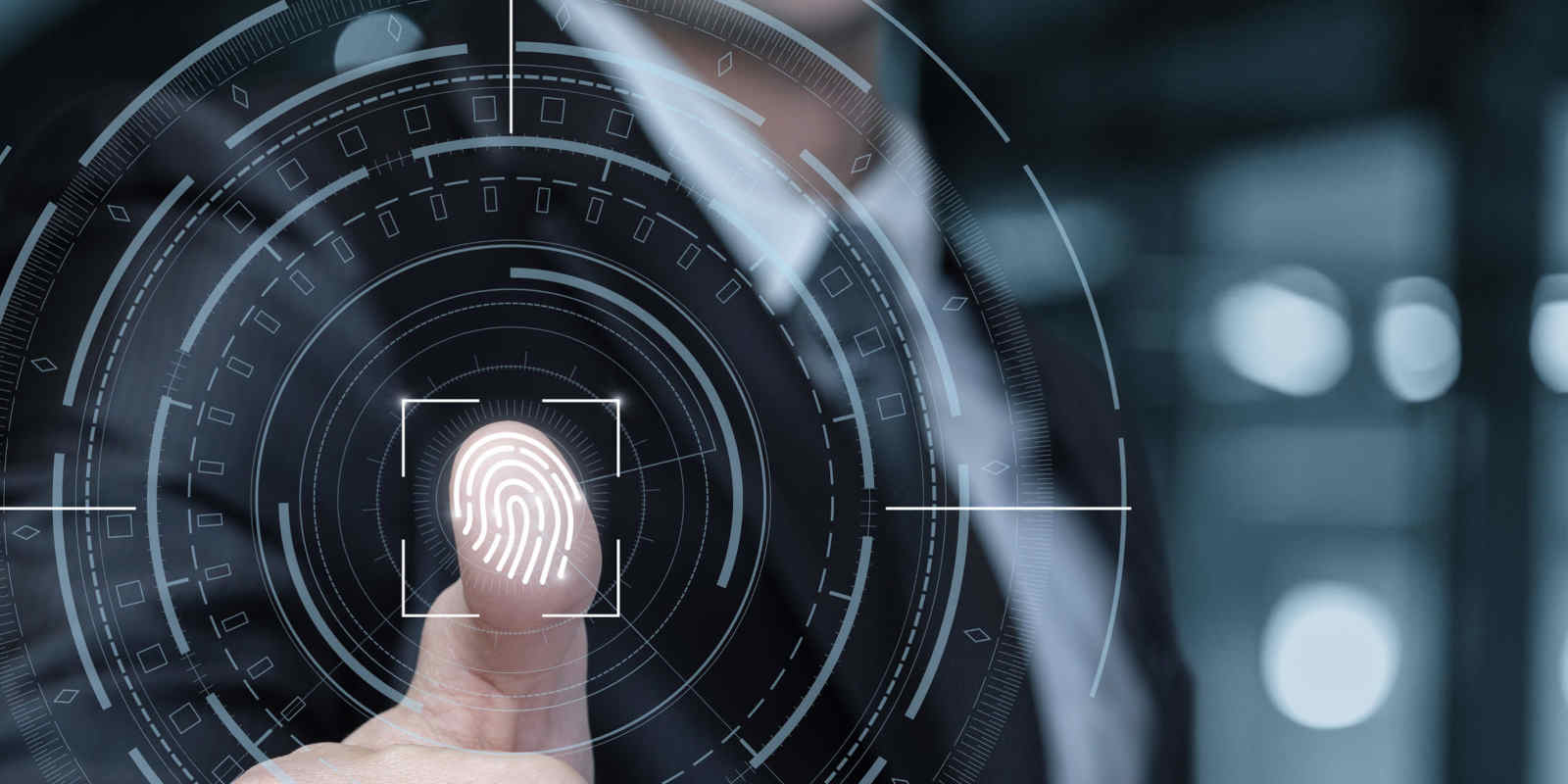
Did Snapchat violate your privacy? Find out if they owe you any dough
For years, social media has been riding the line between entertaining users and screwing them over. First, it was Facebook exposing users to alt-right conspiracy theories while allegedly selling their information to Russia. This time, it’s Snapchat violating its users’ privacy.
Human beings have an innate desire to share their faces with others. In the past, they paid artists to render them & their family’s paintings to hang around the house. Then the advent of the selfie allowed people to grab a picture of themselves with their personal cameras.
More recently, social media has amped up this desire by allowing people to share their images all over the world. However, what happens when sharing your face makes you vulnerable to data collection? This recent lawsuit against Snapchat regarding privacy is proving otherwise and is exposing that awful answer.

Selfie accessibility
When Snapchat first hit the market, its appeal to users was simple. It offered a variety of cool filters. Its interface allowed easy communication. More importantly, though, it promised only short-term storage of photos & messages.
Meaning that neither would stay on the app for long. People could send them to each other with the promise of their almost immediate deletion upon arrival. At least, this is what Snapchat promised in terms of protecting users’ privacy.
Former Stanford students Evan Spiegel, Bobby Murphy, and Reggie Brown may have created Snapchat with genuine intentions. So, how does a social media app created with users’ privacy in mind become the biggest threat against it?

Previous lawsuits
Despite the intentions of its creators, Snapchat has been no stranger to being taken to task or even taken to court. Usually, however, it’s due to outside threats. In December 2013, for example, Snapchat was hacked and discovered the violation of users’ privacy.
4.6 million Snapchat usernames and phone numbers had been shared on a website called SnapchatDB.info. It left Snapchat scrambling to regain the trust of its user base while trying to deliver a believable apology for the mistake.
Surprisingly, it worked! By July 2021, it had gained millions of users who were sending billions of Snaps to each other every day.

May be eligible
Biometric Information Privacy Act – also known as BIPA – is an Illinois-based law. It seeks to protect people from unauthorized use of biometric information without consent or legal procedure to gain it. It also requires companies like Snapchat to follow certain guidelines.
Snapchat was supposed to ensure users’ privacy by informing them of the collection of biometric information. It was supposed to obtain a written release of consent from them. It was then supposed to make available to the public just how long they’d keep the biometric information.
The recent lawsuit against Snapchat alleges its failure to follow these protocols. It claims Snapchat collected biometric information without informing users, let alone following any other guidelines. It’s a pretty serious accusation that may set a precedent for other sites if won.

At the moment, only Illinois residents are eligible for compensation because BIPA is an Illinois-based law. If it sets a precedent for other states, though, others may eventually be eligible for compensation in the face of Snapchat violating their privacy.

Social media fear
Social media remains a platform for virtual community gatherings. People still hop on, take pictures, share funny anecdotes, and sometimes even make whole careers. Yet, when companies like Snapchat continue to violate privacy, people stop trusting them.
More than that, though, it exposes the severe cracks in privacy protection in some of our most beloved social media platforms. On the one hand, this is scary when one considers just how much sensitive information people share – sometimes unknowingly – with others.
On the other hand, though, it motivates people to fill those cracks. Illinois is one of the only states with such specific laws set up to protect people online. Many other states may follow, but it’s a scary situation to be in. It’s almost enough to make you miss the embarrassing days of MySpace. Almost.







